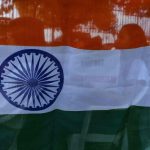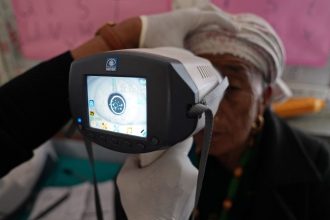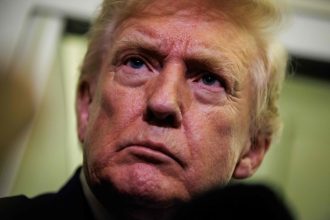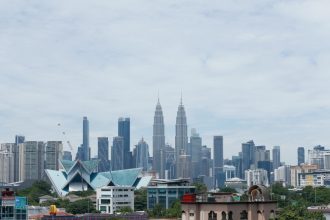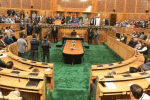In a powerful and emotional moment for Australia’s history, Victoria has officially become the first state to pass a treaty with Indigenous peoples — a long-awaited step toward truth, justice, and recognition for the First Nations communities.
Parliament erupted with applause and tears late Thursday night as the bill passed, marking a turning point born from decades of Indigenous resilience and activism. The treaty will create an elected Indigenous assembly, initiate a comprehensive truth-telling process, and establish a council to address long-standing inequalities — particularly in health and social well-being.
“This is a historic moment for our people,” said Ngarra Murray of the First Peoples’ Assembly of Victoria. “We will tell our children about today… and they will tell theirs.”
Her words reflected not just celebration, but a promise — a legacy carried forward.
The reality for Australia’s Indigenous population remains stark. Despite representing under four percent of the population, First Nations peoples face drastically shorter life expectancy and significantly higher rates of incarceration and deaths in custody. The treaty, many believe, is a key step toward closing these gaps.
Indigenous advocate Jill Gallagher, who spent years pushing for this breakthrough, described the moment simply: “History was made. I feel like my people have some hope now.”
Yet, the decision was not without controversy. While community voices celebrated hope and healing, some political leaders criticised the treaty, calling it divisive. Federal Senator Bridget McKenzie labelled it “appalling legislation,” claiming it grants special privileges.
This milestone follows decades of resistance and failed attempts at a federal treaty. It stands in stark contrast to the 2023 referendum, in which Australians voted “no” to constitutional recognition for Indigenous peoples.
Victoria’s Premier Jacinta Allan described the treaty as a chance to rebuild and redefine trust and governance:
“Treaty gives Aboriginal communities the power to shape the policies and services that affect their lives.”
For Indigenous Australians, this moment is not just political — it is deeply personal. It acknowledges thousands of years of heritage, culture, suffering, sovereignty, and survival in the face of colonial violence and attempts at erasure.

